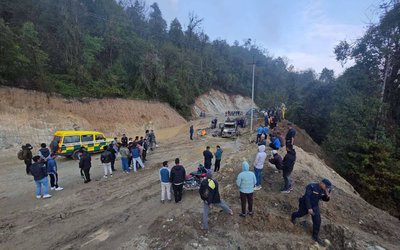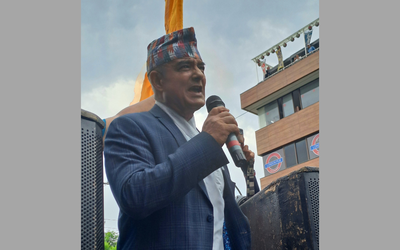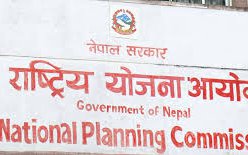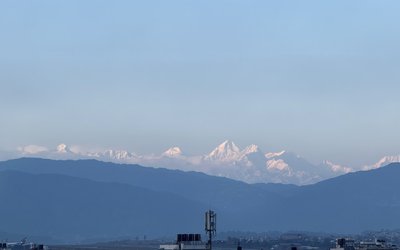
The effect of pollution on life expectancy in India is worse than that of HIV/AIDS, cigarette smoking, and even terrorism, according to a study which found that Indians would live 4.3 years longer if the country met the WHO guidelines. According to the new Air Quality Life Index (AQLI), developed by researchers at University of Chicago in the US, particulate air pollution cuts global average life expectancy by 1.8 years per person. The AQLI reveals that India and China, which make up 36 per cent of the world’s population, account for 73 per cent of all years of life lost due to particulate pollution.
On average, people in India would live 4.3 years longer if the country met the WHO guideline — expanding the average life expectancy at birth there from 69 to 73 years. The AQLI establishes particulate pollution as the single greatest threat to human health globally, with its effect on life expectancy exceeding that of devastating communicable diseases such as tuberculosis and HIV/AIDS, behavioural killers like cigarette smoking, and even war Critically, the AQLI reports these results in tangible terms that are relatable for most people.
“Around the world today, people are breathing air that represents a serious risk to their health. But the way this risk is communicated is very often opaque and confusing, translating air pollution concentrations into colors, like red, brown, orange and green,” said Michael Greenstone, a professor at Energy Policy Institute at the University of Chicago (EPIC). “My colleagues and I developed the AQLI, where the ‘L’ stands for ‘life,’ to address these shortcomings. It takes particulate air pollution concentrations and converts them into perhaps the most important metric that exists: life expectancy,” he said.
The AQLI is based on a pair of studies that quantify the causal relationship between long-term human exposure to particulate pollution and life expectancy. Seventy-five percent of the global population, or 5.5 billion people, live in areas where particulate pollution exceeds the WHO guideline. In the US, about a third of the population lives in areas not in compliance with the WHO guideline. Those living in the country’s most polluted counties could expect to live up to one year longer if pollution met the WHO guideline.
Globally, the AQLI reveals that particulate pollution reduces average life expectancy by 1.8 years, making it the greatest global threat to human health. By comparison, first-hand cigarette smoke leads to a reduction in global average life expectancy of about 1.6 years. Other risks to human health have even smaller effects: Alcohol and drugs reduce life expectancy by 11 months; unsafe water and sanitation take off 7 months; and HIV/AIDS, 4 months.
Conflict and terrorism take off 22 days. So, the impact of particulate pollution on life expectancy is comparable to that of smoking, twice that of alcohol and drug use, three times that of unsafe water, five times that of HIV/AIDS, and more than 25 times that of conflict and terrorism.
“While people can stop smoking and take steps to protect themselves from diseases, there is little they can individually do to protect themselves from the air they breathe,” Greenstone said. “The AQLI tells citizens and policymakers how particulate pollution is affecting them and their communities and reveals the benefits of policies to reduce particulate pollution,” he said.
Courtesy: PTI
- India Supported Construction Of Four Schools In Nuwakot
- Mar 19, 2021
- Nepal Denies Permission For Third Phase Trial Of Vaccine Against COVID-19
- Aug 31, 2020
- Messi Can Only Cancel Barcelona Contract If €700 Million Release Clause Is Paid, La Liga Confirms
- Aug 31, 2020
- India To Carry Out Study On Kathmandu-Raksaul Railway
- Aug 28, 2020
- COVID-19: 1,351 Personal Of Nepal Police Infected
- Aug 28, 2020















